NIS monopoly awaits privatization
Despite the ratification of CEFTA, government’s ban on import of oil derivatives is still standing.
Saturday, 29.09.2007.
17:38

Despite the ratification of CEFTA, government’s ban on import of oil derivatives is still standing. Energy and Mining Minister Aleksandar Popovic (DSS) told B92 that the government’s decree will be harmonized with the Central European Free Trade Agreement (CEFTA), but will remain effective until Serbian Oil Industry (NIS) is privatized. NIS monopoly awaits privatization The lift of the ban would make room for competition in the Serbian oil market that would, as a consequence, bring about a drop in oil prices at gas stations in the country and increase the quality of oil derivatives. However, the state decided to maintain the monopoly, which means that even though various foreign and domestic companies have their gas stations in Serbia, they will continue to sell derivatives produced exclusively in NIS refineries, with the exception of Euro diesel. In Popovic’s opinion, benefits of removing the ban would be short-term only. “In the long run it would mean the downfall of NIS, complete demise of domestic refineries and laying off a great number of workers. We would lose our national oil industry and have permanent problems in providing regular supplies," he said. The decree in question was introduced in 2001 as a short-term measure set to suppress the smuggling of oil derivatives. The ban served its original goal, but remains standing six years later. Vuk Djokovic from the Center for Economic Studies says that any open market is better then a closed one, when it comes to oil. “The government said that the ban remained in order to modernize the refineries, but the funds set aside for that purpose ended somewhere else,” he noted. A CEFTA provision allows for the existence of state monopolies, but envisions their modification in order not to discriminate against other companies when it comes to terms of procurement and placement of goods in the market. Popovic says the decree will be harmonized with CEFTA and remain valid until NIS gets a new owner. The privatization of the company, although announced, has not yet been launched. Djokovic warns that obsolete technology in NIS refineries make the situation even worse. “Lack of investment and delays of the privatization could only force NIS to, eventually, shut down its refineries as they would be technologically outdated with no economic justification to further invest in their renewal,” he explained. The government is expected to amend the decree in question in its session next week, but it is not yet known when the privatization of NIS will be on the agenda.
NIS monopoly awaits privatization
The lift of the ban would make room for competition in the Serbian oil market that would, as a consequence, bring about a drop in oil prices at gas stations in the country and increase the quality of oil derivatives.However, the state decided to maintain the monopoly, which means that even though various foreign and domestic companies have their gas stations in Serbia, they will continue to sell derivatives produced exclusively in NIS refineries, with the exception of Euro diesel.
In Popović’s opinion, benefits of removing the ban would be short-term only.
“In the long run it would mean the downfall of NIS, complete demise of domestic refineries and laying off a great number of workers. We would lose our national oil industry and have permanent problems in providing regular supplies," he said.
The decree in question was introduced in 2001 as a short-term measure set to suppress the smuggling of oil derivatives. The ban served its original goal, but remains standing six years later.
Vuk Đoković from the Center for Economic Studies says that any open market is better then a closed one, when it comes to oil.
“The government said that the ban remained in order to modernize the refineries, but the funds set aside for that purpose ended somewhere else,” he noted.
A CEFTA provision allows for the existence of state monopolies, but envisions their modification in order not to discriminate against other companies when it comes to terms of procurement and placement of goods in the market.
Popović says the decree will be harmonized with CEFTA and remain valid until NIS gets a new owner.
The privatization of the company, although announced, has not yet been launched. Đoković warns that obsolete technology in NIS refineries make the situation even worse.
“Lack of investment and delays of the privatization could only force NIS to, eventually, shut down its refineries as they would be technologically outdated with no economic justification to further invest in their renewal,” he explained.
The government is expected to amend the decree in question in its session next week, but it is not yet known when the privatization of NIS will be on the agenda.















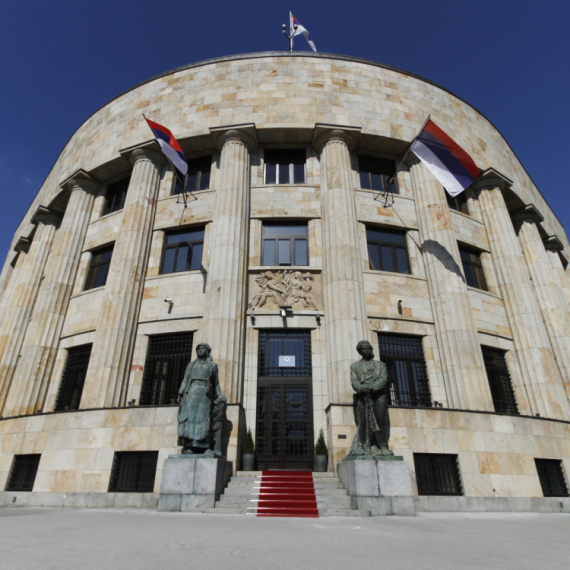
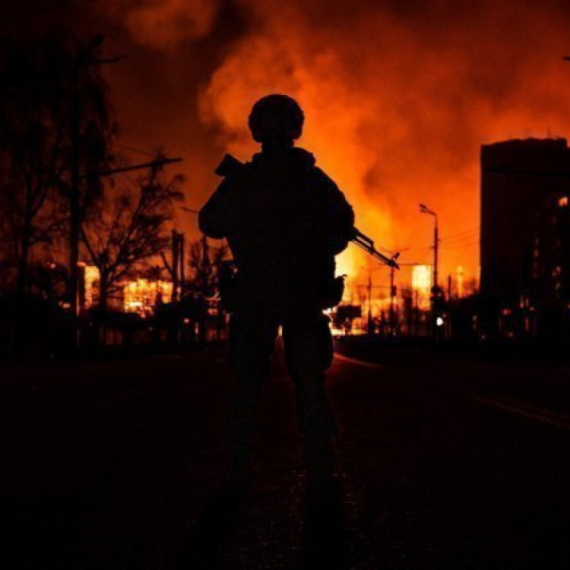

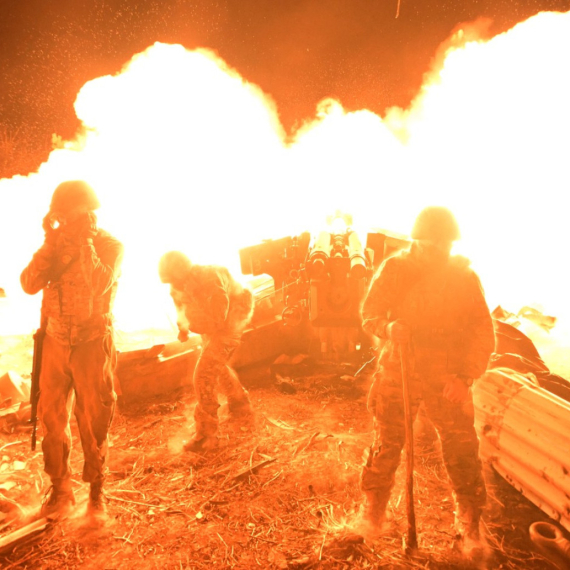









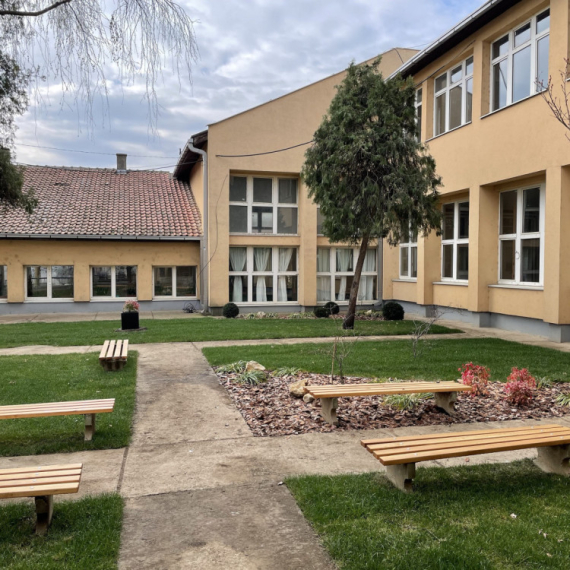





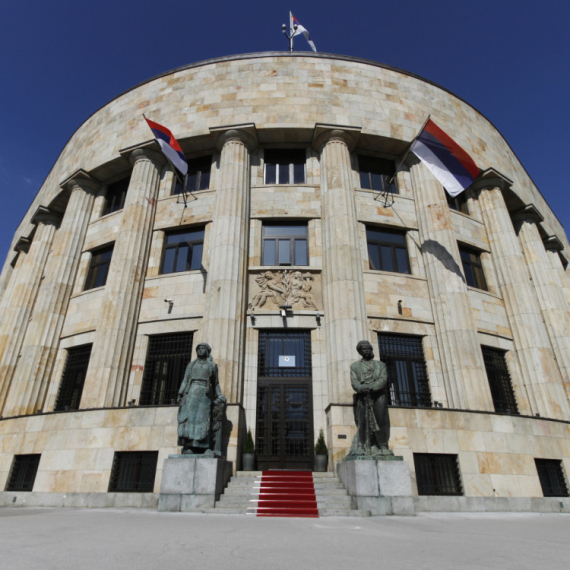




















Komentari 0